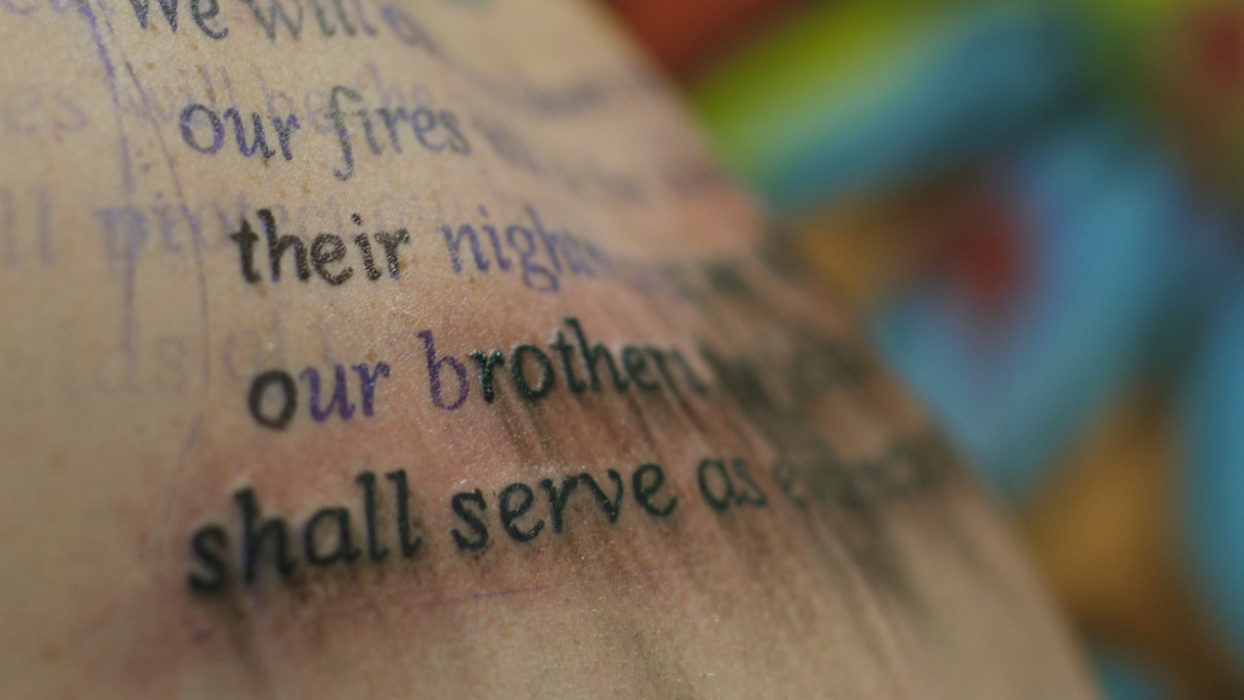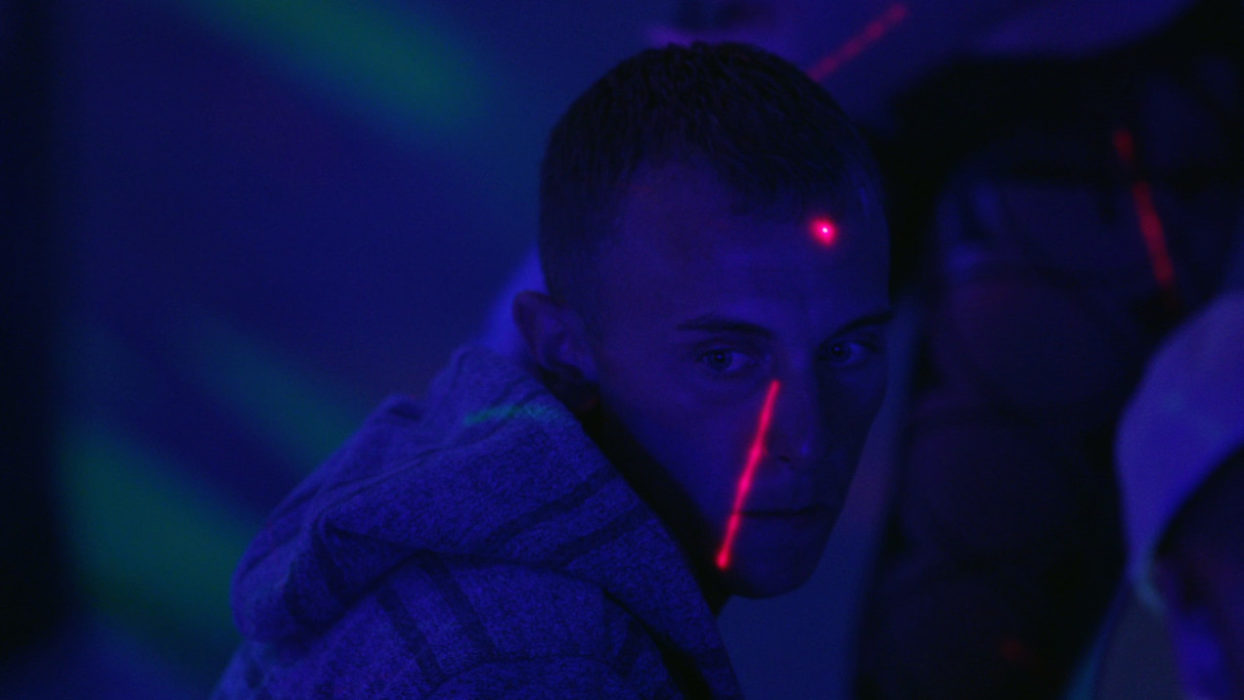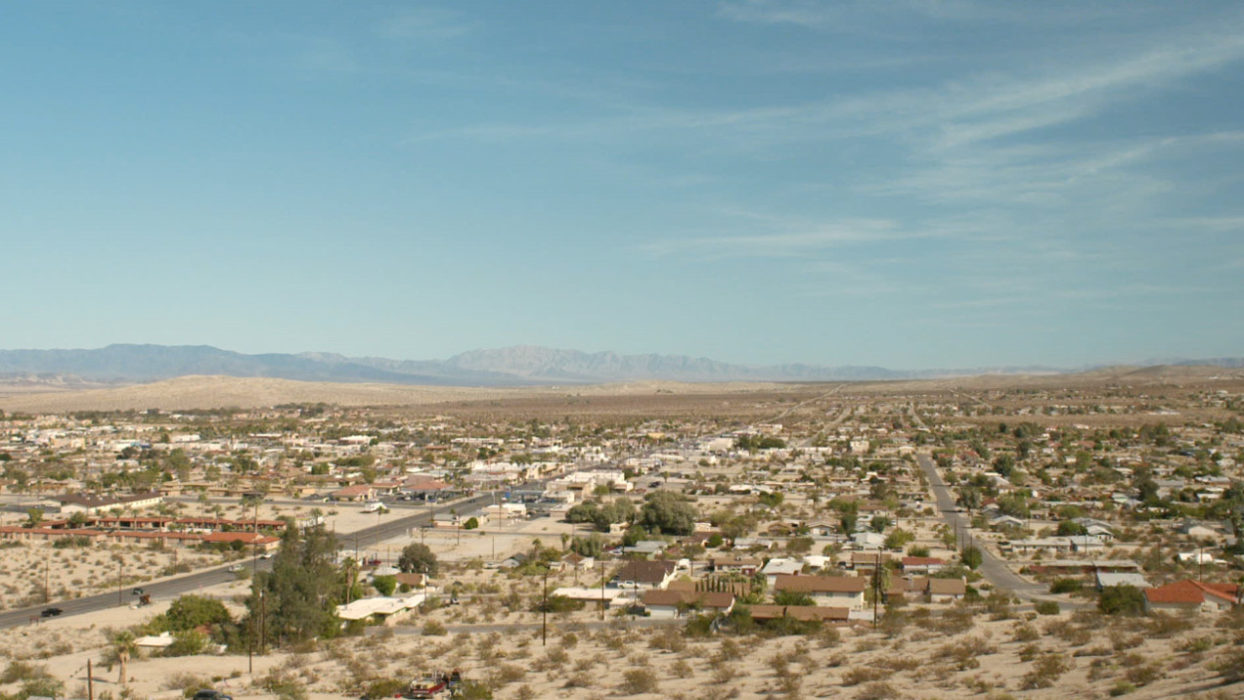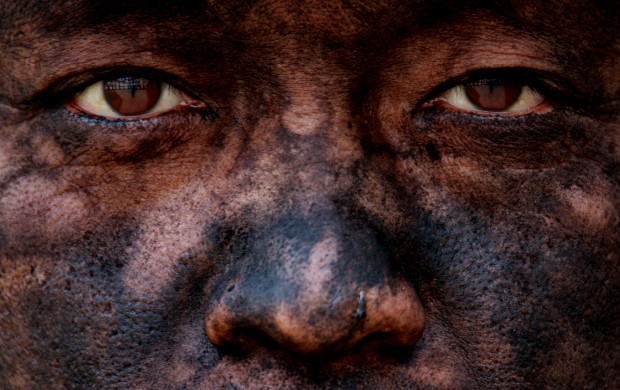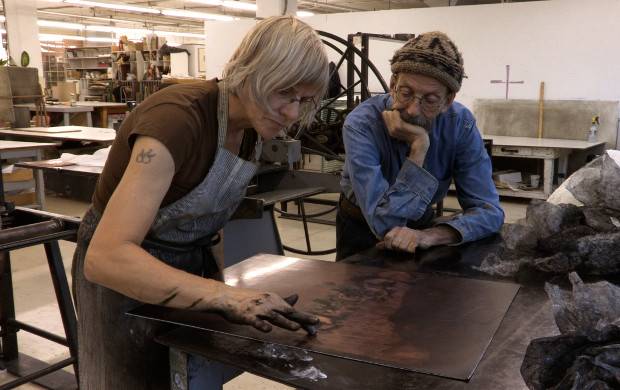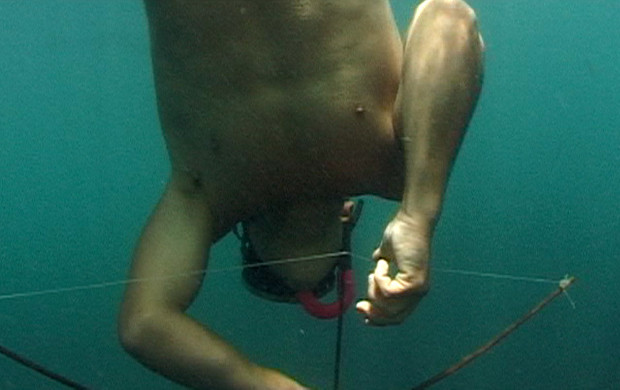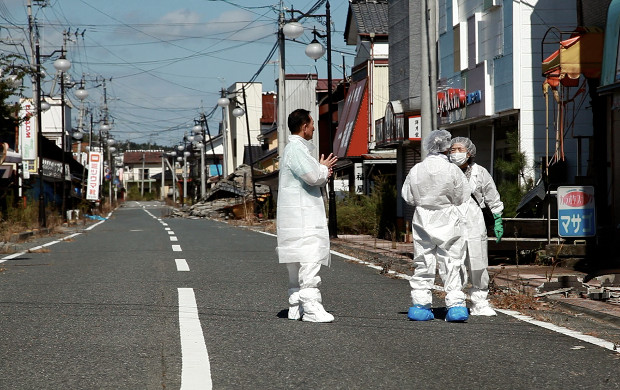Killing Time – Entre deux fronts
Killing Time
- 2015
- France; Belgium
- 88 minutes
- English
CINÉMA DU RÉEL GRAND PRIX
“Do you remember me?” the young father asks his toddler, placed in his arms as soon as he lands. Twentynine Palms, a military base in the Mojave Desert in California, welcomes Marines returning from Iraq and Afghanistan. Whereas Laurent Bécue-Renard’s Of Men and War explored the psychological trauma of soldiers and their therapeutic treatment over several years, Killing Time focuses with an assumed prosaicism on the idle moments spent in takeaways or shops. Sometimes preceded by a stop-off in Vegas (“Beer and pussy? –Yeah, in that order!”), this “lazing around” in the garrison city holds up banality as the guarantee of sound mental health. With no commentary or interviews, Lydie Wisshaupt-Claudel manages to show that the gregariousness rooted in army life is nonetheless in tension with an immeasurable loneliness. Hence, the more meaningful eruptions in daily life, such as the discussion about whether to grow a beard or a goatee: “My father promised to stop cutting his hair when he returned from Vietnam”… Shaving one’s head, getting a tattoo of the regiment’s motto: all passtimes that, in a city designed as a transit space between civilian and army life, suddenly take on the performative force of ritual. Combat action is over but it rages on in the mind, leaving a vertiginous chasm. (Charlotte Garson)
- Editing : Méline Van Aelbrouck
- Sound : Félix Blume
- Photography : Colin Lévêque
- Production : Cellulo Prod / Les Productions du Verger / Arte France / CBA - Centre de l’Audiovisuel à Bruxelles
- Print source : Lydie Wisshaupt-Claudel
